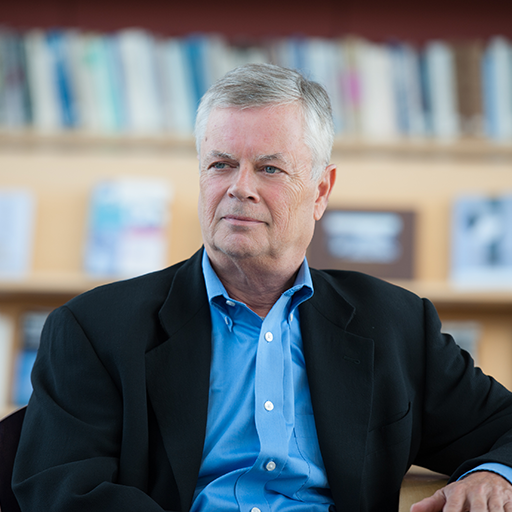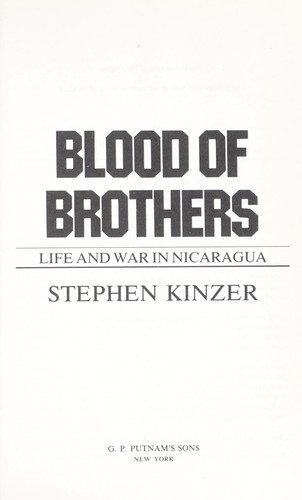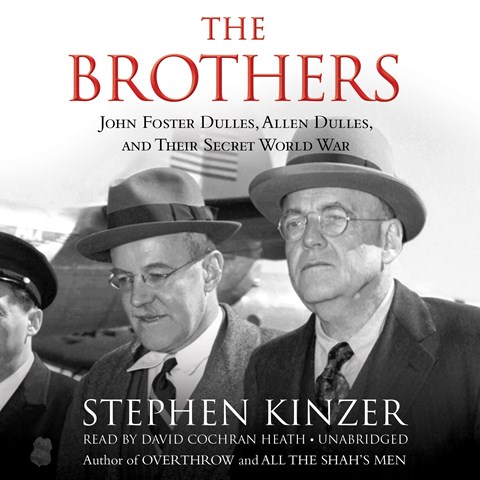


These two American brothers largely promoted this dogma.

In his new book "Brothers", Stephen Kinzer (Stephen Kinzer) made a compelling argument that John Foster Dulles (John Foster Dulles) and Alan Dulles (Allen Dulles). The prevailing view at the time was that if the West allowed communism to spread anywhere, neighboring countries would fall one by one like dominoes until communism's goal of ruling the world was achieved. Many baby boomers, especially those born before 1950, recall that the beginning of the Cold War was a period of fear and apparent constant confrontation between the West and the forces of "atheistic communism" (mainly the Soviet Union), but also, China and Cuba. Joint responsibility for operational incompetence and deceptive adherence to the creed of corporate globalism. It is a vibrant portrait of the Nicaraguan people and their volcanic land, a cultural history rich in poetry and bloodshed, baseball and insurrection.The most important aspect of Kinzer's work is his devastating criticism of John Foster Dulles and Allen Dulles, who have been described as short-sighted and serious about extreme geopolitics. Widely considered the best-connected journalist in Central America, Kinzer personally met and interviewed people at every level of the Somoza, Sandinistas and contra hierarchies, as well as dissidents, heads of state, and countless ordinary citizens throughout the region.īlood of Brothers is Kinzer’s dramatic story of the centuries-old power struggle that burst into the headlines in 1979 with the overthrow of the Somoza dictatorship.

That year he opened the New York Times Managua bureau, making that newspaper the first daily in America to maintain a full-time office in Nicaragua. He returned many times during the years that followed, becoming Latin America correspondent for the Boston Globe in 1981 and joining the foreign staff of the New York Times in 1983. In 1976, at age twenty-five, Stephen Kinzer arrived in Nicaragua as a freelance journalist-and became a witness to history.


 0 kommentar(er)
0 kommentar(er)
